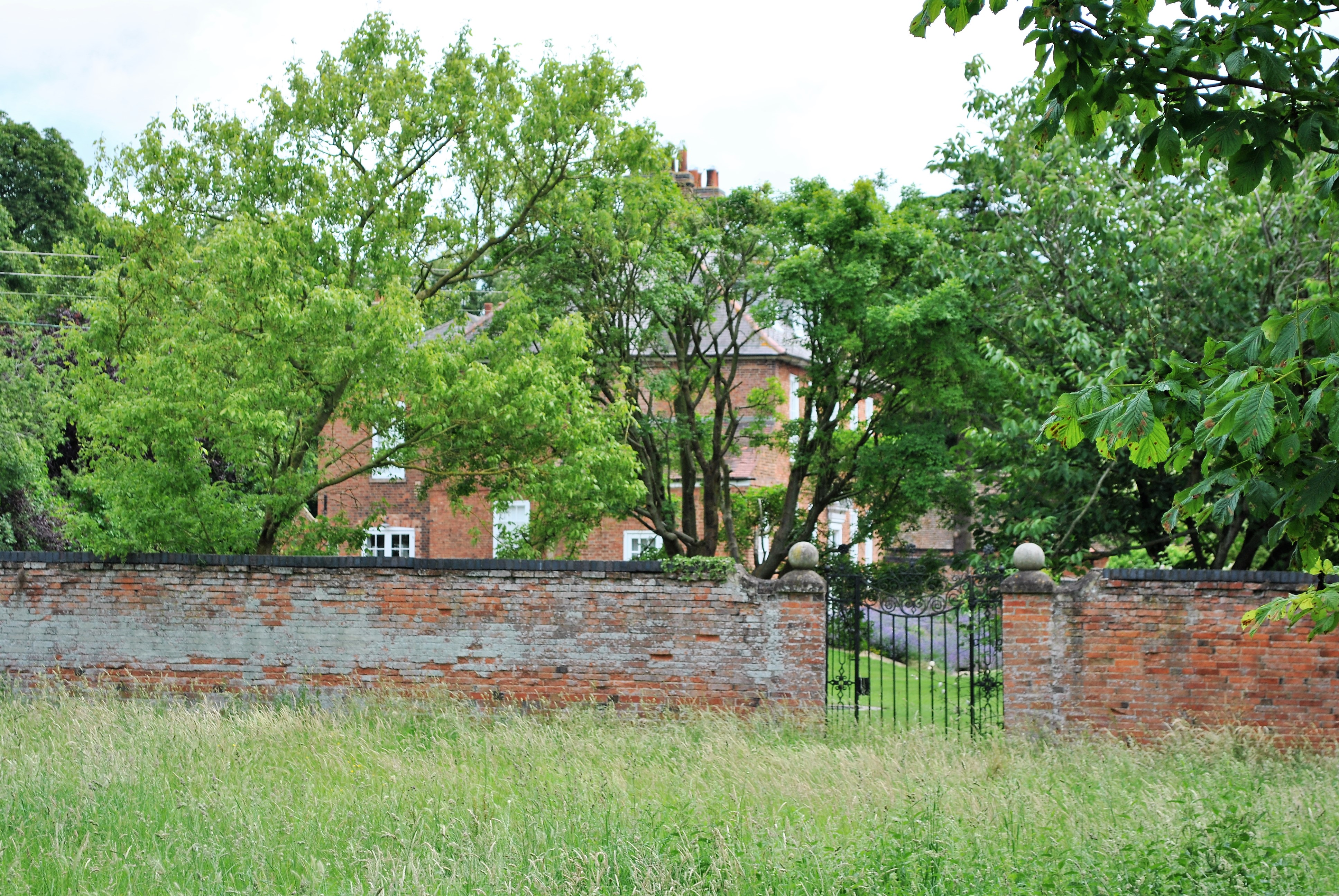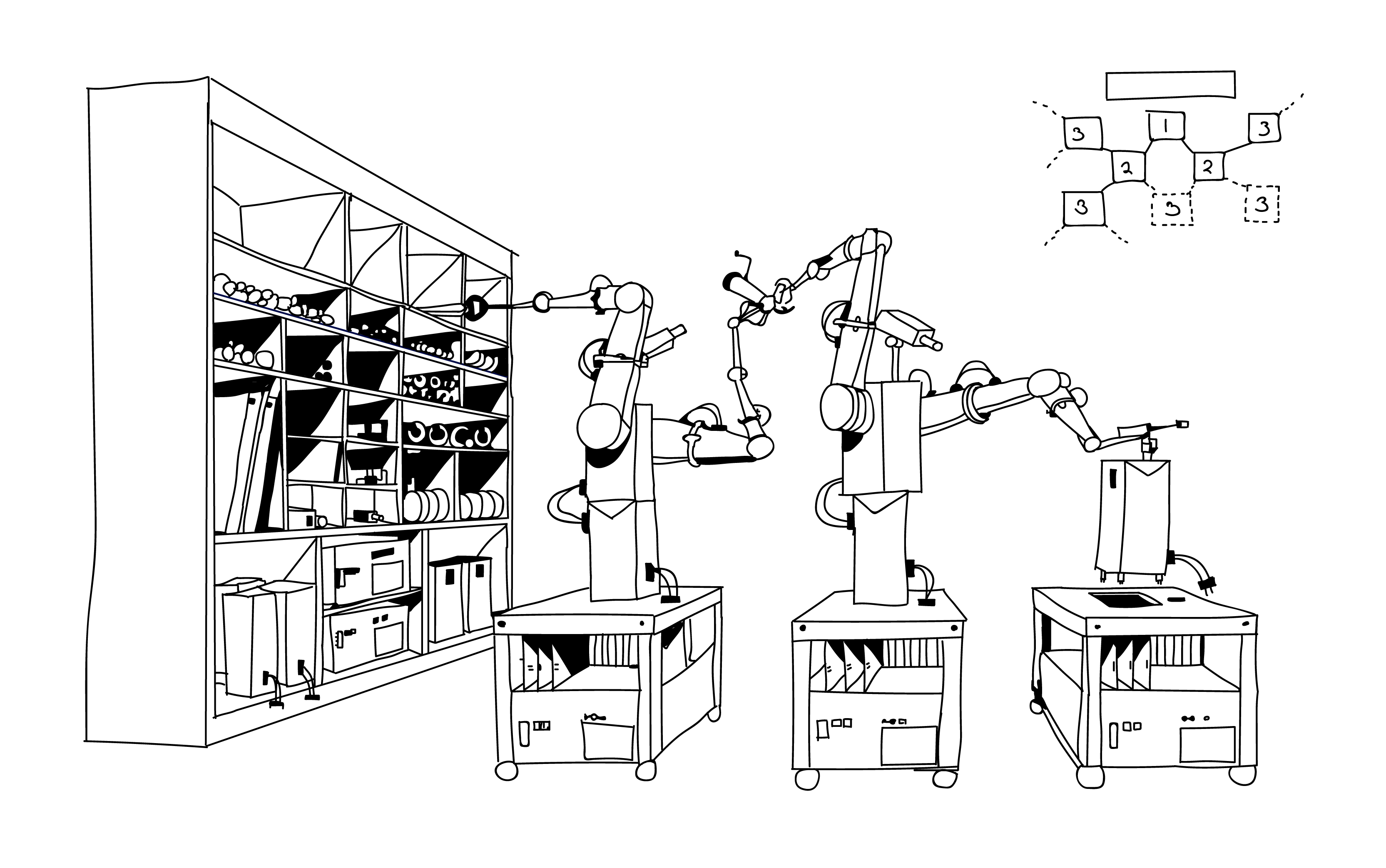|
Erewhon
''Erewhon: or, Over the Range'' () is a utopian novel by English writer Samuel Butler (novelist), Samuel Butler, first published in 1872, set in a fictional country discovered and explored by the protagonist. The book is a satire on Victorian morality, Victorian society. The first few chapters of the novel dealing with the discovery of Erewhon are based on Butler's own experiences in New Zealand, where, as a young man, he worked as a sheep station, sheep farmer on Mesopotamia Station for four years (1860–1864), exploring parts of the interior of the South Island and writing about it in ''A First Year in Canterbury Settlement'' (1863). The novel is one of the first to explore ideas of Artificial intelligence in fiction, artificial intelligence, as influenced by Charles Darwin, Darwin's recently published ''On the Origin of Species'' (1859) and the machines developed out of the Industrial Revolution (late 18th to early 19th centuries). Specifically, it concerns itself, in the ... [...More Info...] [...Related Items...] OR: [Wikipedia] [Google] [Baidu] |
Samuel Butler (novelist)
Samuel Butler (4 December 1835 – 18 June 1902) was an English novelist and critic, best known for the satirical utopian novel ''Erewhon'' (1872) and the semi-autobiographical novel '' The Way of All Flesh'' (published posthumously in 1903 with substantial revisions and published in its original form in 1964 as ''Ernest Pontifex or The Way of All Flesh''). Both novels have remained in print since their initial publication. In other studies he examined Christian orthodoxy, history of evolutionary thought, evolutionary thought, and Italian art, and made prose translations of the ''Iliad'' and ''Odyssey'' that are still consulted. Early life Butler was born on 4 December 1835 at the rectory in the village of Langar, Nottinghamshire. His father was Rev. Thomas Butler, son of Samuel Butler (schoolmaster), Dr. Samuel Butler, then headmaster of Shrewsbury School and later Bishop of Lichfield. Dr. Butler was the son of a tradesman and descended from a line of yeomen; despite his fam ... [...More Info...] [...Related Items...] OR: [Wikipedia] [Google] [Baidu] |
Erewhon Revisited
''Erewhon Revisited Twenty Years Later, Both by the Original Discoverer of the Country and by His Son'' (1901) is a satirical novel by Samuel Butler, forming a belated sequel to his ''Erewhon'' (1872). '' The Cambridge History of English and American Literature'' judges that it "has less of the free imaginative play of its predecessor…but, in sharp brilliance of wit and criticism, in intellectual unity and coherence, it surpasses ''Erewhon''". ''Erewhon'', set in a thinly disguised New Zealand, ended with the escape of its unnamed protagonist from the native Erewhonians by balloon. In the sequel, narrated by his son John, the reader is told that the hero's name is Higgs. Higgs returns to Erewhon and meets his former lover Yram, who is now the mother of his son George. He discovers that he is now worshipped as "the Sunchild", his escape having been interpreted as an ascension into heaven, and that a church of Sunchildism has sprung up. He finds himself in danger from the v ... [...More Info...] [...Related Items...] OR: [Wikipedia] [Google] [Baidu] |
Self-replicating Machines In Fiction
A self-replicating machine is a type of autonomous robot that is capable of reproducing itself autonomously using raw materials found in the environment, thus exhibiting self-replication in a way analogous to that found in nature. The concept of self-replicating machines has been advanced and examined by Homer Jacobson, Edward F. Moore, Freeman Dyson, John von Neumann, Konrad Zuse and in more recent times by K. Eric Drexler in his book on nanotechnology, ''Engines of Creation'' (coining the term clanking replicator for such machines) and by Robert Freitas and Ralph Merkle in their review ''Kinematic Self-Replicating Machines'' which provided the first comprehensive analysis of the entire replicator design space. The future development of such technology is an integral part of several plans involving the mining of Natural satellite, moons and asteroid belts for ore and other materials, the creation of lunar factories, and even the construction of solar power satellites in space. T ... [...More Info...] [...Related Items...] OR: [Wikipedia] [Google] [Baidu] |
Utopian Fiction
Utopian and dystopian fiction are subgenres of speculative fiction that explore extreme forms of social and political structures. Utopian fiction portrays a setting that agrees with the author's ethos, having various attributes of another reality intended to appeal to readers. Dystopian fiction offers the opposite: the portrayal of a setting that completely disagrees with the author's ethos. Some novels combine both genres, often as a metaphor for the different directions humanity can take depending on its choices, ending up with one of two possible futures. Both utopias and dystopias are commonly found in science fiction and other types of speculative fiction. More than 400 utopian works in the English language were published prior to the year 1900, with more than a thousand others appearing during the 20th century. This increase is partially associated with the rise in popularity of science fiction and young adult fiction more generally, but also larger scale social change that ... [...More Info...] [...Related Items...] OR: [Wikipedia] [Google] [Baidu] |
Artificial Intelligence In Fiction
Artificial intelligence is a recurrent theme in science fiction, whether utopian, emphasising the potential benefits, or dystopian, emphasising the dangers. The notion of machines with human-like intelligence dates back at least to Samuel Butler's 1872 novel ''Erewhon''. Since then, many science fiction stories have presented different effects of creating such intelligence, often involving rebellions by robots. Among the best known of these are Stanley Kubrick's 1968 '' 2001: A Space Odyssey'' with its murderous onboard computer HAL 9000, contrasting with the more benign R2-D2 in George Lucas's 1977 ''Star Wars'' and the eponymous robot in Pixar's 2008 ''WALL-E''. Scientists and engineers have noted the implausibility of many science fiction scenarios, but have mentioned fictional robots many times in artificial intelligence research articles, most often in a utopian context. Background The notion of advanced robots with human-like intelligence dates back at least to Samu ... [...More Info...] [...Related Items...] OR: [Wikipedia] [Google] [Baidu] |
The Press
''The Press'' () is a daily newspaper published in Christchurch, New Zealand, owned by media business Stuff (company), Stuff Ltd. First published in 1861, the newspaper is the largest circulating daily in the South Island and publishes Monday to Saturday. One community newspaper—''Northern Outlook''—is also published by ''The Press'' and is free. The newspaper has won the title of New Zealand Newspaper of the Year (in its circulation category) three times: in 2006, 2007 and 2012. It has also won the overall Newspaper of the Year title twice: in 2006 and 2007. History Origins James FitzGerald (New Zealand politician), James FitzGerald came to Lyttelton, New Zealand, Lyttelton on the ''Charlotte Jane'' in December 1850, and was from January 1851 the first editor of the ''Lyttelton Times'', Canterbury, New Zealand, Canterbury's first newspaper. From 1853, he focussed on politics and withdrew from the ''Lyttelton Times''. After several years in England, he returned to Cante ... [...More Info...] [...Related Items...] OR: [Wikipedia] [Google] [Baidu] |
Nicholas Trübner
Nicholas Trübner (17 June 1817 – 20 March 1884), born Nikolaus Trübner, was a German-English publisher, bookseller and linguist. Early life The eldest of four sons of a goldsmith in Heidelberg, Trübner was born there on 17 June 1817, and educated at the Gymnasium (Germany), gymnasium. When he was born Heidelberg was part of the Kingdom of Württemberg. He was studious, and his parents placed him in 1831 in the shop of Mohr Siebeck, Mohr, a Heidelberg bookseller. He was there for six years, and then had successive employment with Vandenhoeck & Ruprecht at Göttingen, Hoffmann und Campe at Hamburg, and Wilmann at Frankfurt. In London At Frankfurt William Longman (1813–1877) offered Trübner the post of foreign corresponding clerk in his own business, and Trübner came to London in 1843. In 1851 he entered into partnership with Thomas Delf, who had succeeded to Wiley & Putnam's American literary agency, but at first the venture failed. David Nutt (publisher), David Nutt joine ... [...More Info...] [...Related Items...] OR: [Wikipedia] [Google] [Baidu] |
Sheep Station
A sheep station is a large property ( station, the equivalent of a ranch) in Australia or New Zealand, whose main activity is the raising of sheep for their wool and/or meat. In Australia, sheep stations are usually in the south-east or south-west of the country. In New Zealand the Merinos are usually in the high country of the South Island. These properties may be thousands of square kilometres in size and run low stocking rates to be able to sustainably provide enough feed and water for the stock. In Australia, the owner of a sheep station may be called a pastoralist, a grazier, or formerly a squatter (as in " Waltzing Matilda"), when their sheep grazing land was referred to as a sheep run. History Sheep stations and sheep husbandry began in Australia when the British colonisers started raising sheep in 1788 at Sydney Cove. Improvements and facilities In the Australian and New Zealand context, shearing involves an annual muster of sheep to be shorn, and the shearin ... [...More Info...] [...Related Items...] OR: [Wikipedia] [Google] [Baidu] |
Natural Selection
Natural selection is the differential survival and reproduction of individuals due to differences in phenotype. It is a key mechanism of evolution, the change in the Heredity, heritable traits characteristic of a population over generations. Charles Darwin popularised the term "natural selection", contrasting it with selective breeding, artificial selection, which is intentional, whereas natural selection is not. Genetic diversity, Variation of traits, both Genotype, genotypic and phenotypic, exists within all populations of organisms. However, some traits are more likely to facilitate survival and reproductive success. Thus, these traits are passed the next generation. These traits can also become more Allele frequency, common within a population if the environment that favours these traits remains fixed. If new traits become more favoured due to changes in a specific Ecological niche, niche, microevolution occurs. If new traits become more favoured due to changes in the ... [...More Info...] [...Related Items...] OR: [Wikipedia] [Google] [Baidu] |
Speed The Plough
''Speed the Plough'' is a five-act comedy by Thomas Morton (playwright), Thomas Morton, written in 1798 and first performed in 1800 at the Royal Opera House, Theatre Royal, Covent Garden to great acclaim. It is mostly remembered today for the sake of the unseen character, Mrs Grundy. The original Covent Garden cast included Alexander Pope (actor), Alexander Pope as Sir Philip Blandford, Charles Murray (Scottish actor), Charles Murray as Morrington, Joseph Shepherd Munden, Joseph Munden as Sir Abel Handy, John Fawcett (actor), John Fawcett as Bob Handy, Henry Erskine Johnston as Henry, Thomas Knight (actor), Thomas Knight as Farmer Ashfield, George Davenport (actor), George Davenport as Evergreen, John Waddy (actor), John Waddy as Gerald, Charles Klanert as Handy's Servant, Mary Ann Davenport as Dame Ashfield and Nannette Johnston as Miss Blandford. The Irish premiere took place at the Crow Street Theatre in Dublin on 21 February 1800. The play may have been inspired by August Ko ... [...More Info...] [...Related Items...] OR: [Wikipedia] [Google] [Baidu] |





